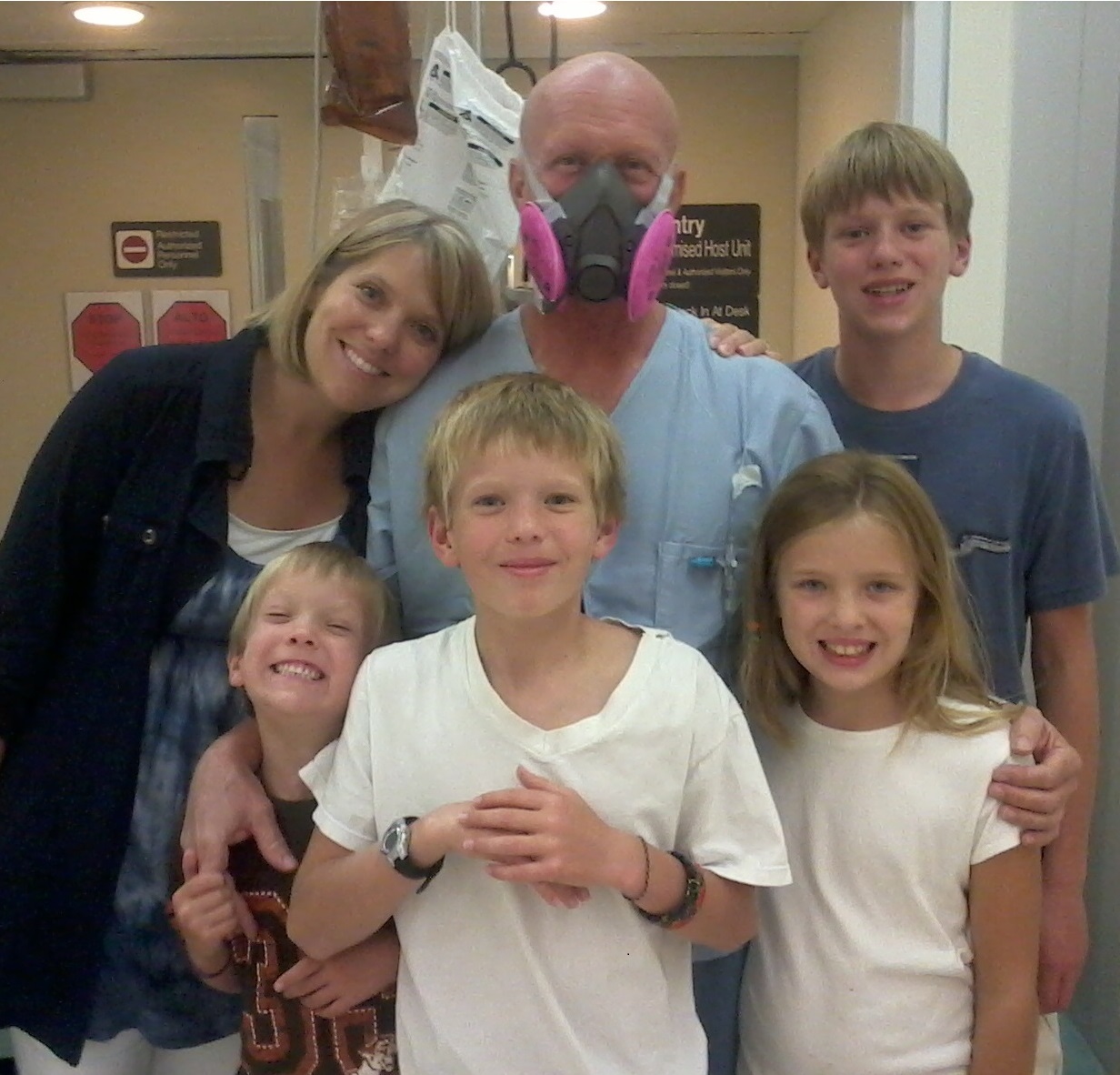Our Programs
The BMCF offers a range of programs to help patients and their families make the connections they need and resources to find information to help allay their fears and better understand the challenges they face.
The BMCF offers a range of programs to help patients and their families make the connections they need and resources to find information to help allay their fears and better understand the challenges they face.

Making the experience of cancer a little less lonely, CancerBuddy is a free app created to help patients find community and connections while going through treatment. CancerBuddy is the first peer support network connecting cancer patients, survivors, and caregivers to each other, as well as connecting them to corresponding support groups. Users match via age, diagnosis, treatment plan, hospital, or geographical location.

Our fundraising + social platform helps patients connect with family and friends to share updates and photos, and accept donations for cancer-related expenses. All contributions to Carelines are tax-deductible and do not affect the patient’s medical insurance and benefits.

While insurance covers many costs of transplant treatment, there are many other unexpected expenses that can be a burden to those patients and their families. The Lifeline Fund is a transplant patient financial assistance program that helps cover some of the costs of medications, child care services, medical equipment, transportation, housing, cord-blood banking, compatibility testing and more.

For patients and caregivers navigating cancer treatment and support, there are endless questions. The BMCF connects patients with a team of doctors, nurses and social workers to answer them. Ask the Expert allows queries to be asked and answered anonymously via our website portal.

To provide the emotional support needed during cancer and transplant treatment, we offer patients and their families confidential ten 25-minute phone or Zoom sessions, with licensed therapists.

The healthcare system is a daunting one, particularly when navigating a cancer diagnosis or transplant. Patient Navigators are there to help navigate the process and help with referrals to medical specialists, treatment centers, and necessary resources.